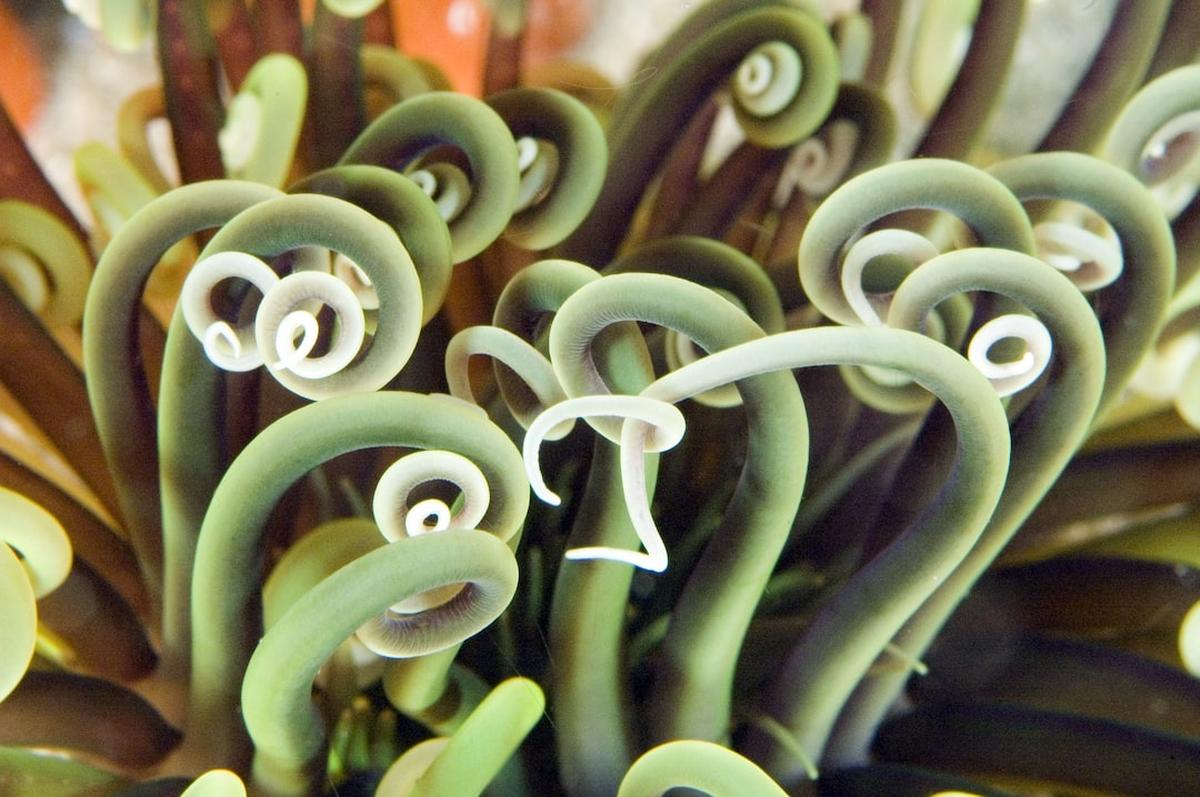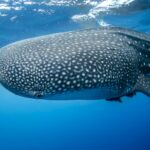The Galapagos Islands, a volcanic archipelago located in the Pacific Ocean, is a world-renowned hotspot for biodiversity. Its isolation and unique geology have led to the evolution of a myriad of species found nowhere else on Earth. The importance of biodiversity in the Galapagos extends beyond the terrestrial realm, as the surrounding waters teem with a vibrant array of marine life, including a diverse population of sharks.
The Unique Marine Life of Galapagos
The marine ecosystem of the Galapagos is as diverse as it is complex. Warm and cold ocean currents converge around the islands, creating a unique environment that supports a rich variety of marine species. Notable species in the Galapagos include the iconic Galapagos tortoise, marine iguanas, and of course, a multitude of shark species.
Sharks: An Integral Part of the Galapagos Ecosystem
Sharks play a vital role in maintaining the health and balance of the marine ecosystem in the Galapagos. As apex predators, they regulate the populations of other marine species and help to maintain the overall biodiversity of the ecosystem. However, sharks face numerous threats, including overfishing, climate change, and habitat degradation, which have led to declining populations worldwide.
The Diversity of Shark Species in Galapagos
The Galapagos Islands are home to a remarkable diversity of shark species. These range from the small and agile white tip reef shark to the massive and majestic whale shark. Some shark species are unique to the Galapagos, such as the Galapagos shark, a species that has adapted to the specific conditions of the archipelago.
Detailed Look at the Shark Species in Galapagos
Hammerhead Sharks
Hammerhead sharks are one of the most iconic species in the Galapagos. Their distinctive head shape allows them to hunt more effectively, using their wide-set eyes to locate prey.
Galapagos Sharks
The Galapagos shark is a large species that can reach lengths of up to 3 meters. Despite their size, they are known to be quite agile and are often seen in large groups around the islands.
Whale Sharks
Whale sharks are the largest fish in the ocean, and they are frequent visitors to the Galapagos. These gentle giants are filter feeders, consuming large quantities of plankton and small fish.
White Tip Reef Sharks
White tip reef sharks are smaller species that are commonly found in the shallow waters around the islands. They are nocturnal hunters, feeding primarily on fish and octopuses.
Blacktip Sharks
Blacktip sharks are easily recognizable by the distinctive black tips on their fins. They are fast swimmers and are known for their acrobatic leaps out of the water.
Shark Conservation Efforts in Galapagos
The importance of shark conservation in the Galapagos cannot be overstated. Current conservation measures include the establishment of marine protected areas, restrictions on fishing, and ongoing research to better understand shark populations. Tourism also plays a crucial role in shark conservation, as it provides a sustainable source of income that can help support conservation efforts.
Shark Tourism in Galapagos
Shark diving is a popular activity in the Galapagos, with several well-known spots such as Gordon Rocks and Darwin’s Arch attracting divers from around the world. Safety measures are in place to ensure the protection of both sharks and divers, and the revenue generated from tourism helps to support the local economy and conservation efforts.
The Future of Sharks in Galapagos
Predicted trends for shark populations in the Galapagos are a topic of ongoing research. While threats to sharks persist, the efforts of conservationists, researchers, and the local community provide hope for the future of these magnificent creatures in the Galapagos.
Conclusion
The presence of sharks in the Galapagos is a testament to the rich biodiversity of the islands. Their role in the ecosystem is crucial, and their conservation is a priority. As we continue to explore and understand the marine life of the Galapagos, let us remember the importance of these apex predators and strive to protect them for future generations.
Frequently Asked Questions
Why are sharks important to the Galapagos ecosystem?
Sharks are apex predators and play a crucial role in maintaining the balance of the marine ecosystem. They regulate the populations of other marine species and contribute to overall biodiversity.
What threats do sharks face in the Galapagos?
Sharks face numerous threats including overfishing, climate change, and habitat degradation. These threats have led to declining shark populations worldwide.
What are some unique shark species found in the Galapagos?
The Galapagos shark is a species unique to the Galapagos Islands. Other notable species include the hammerhead shark, whale shark, white tip reef shark, and blacktip shark.
What conservation measures are in place to protect sharks in the Galapagos?
Conservation measures include the establishment of marine protected areas, restrictions on fishing, and ongoing research to better understand shark populations.
How does tourism contribute to shark conservation in the Galapagos?
Tourism provides a sustainable source of income that can support conservation efforts. Shark diving is a popular activity, and the revenue generated from this helps to fund conservation initiatives.
What is the future of sharks in the Galapagos?
While threats to sharks persist, the efforts of conservationists, researchers, and the local community provide hope for the future of these magnificent creatures in the Galapagos.
References:
- Hearn, A., & Acuña-Marrero, D. (2017). The Galapagos Shark Census: Establishing a baseline to monitor shark populations. Galapagos Conservancy.
- Galapagos National Park Directorate. (2017). Marine Reserve Management Plan.
- Galapagos Conservation Trust. (2017). Galapagos Shark Project.
- The World Wildlife Fund. (2017). Global Shark Conservation.








